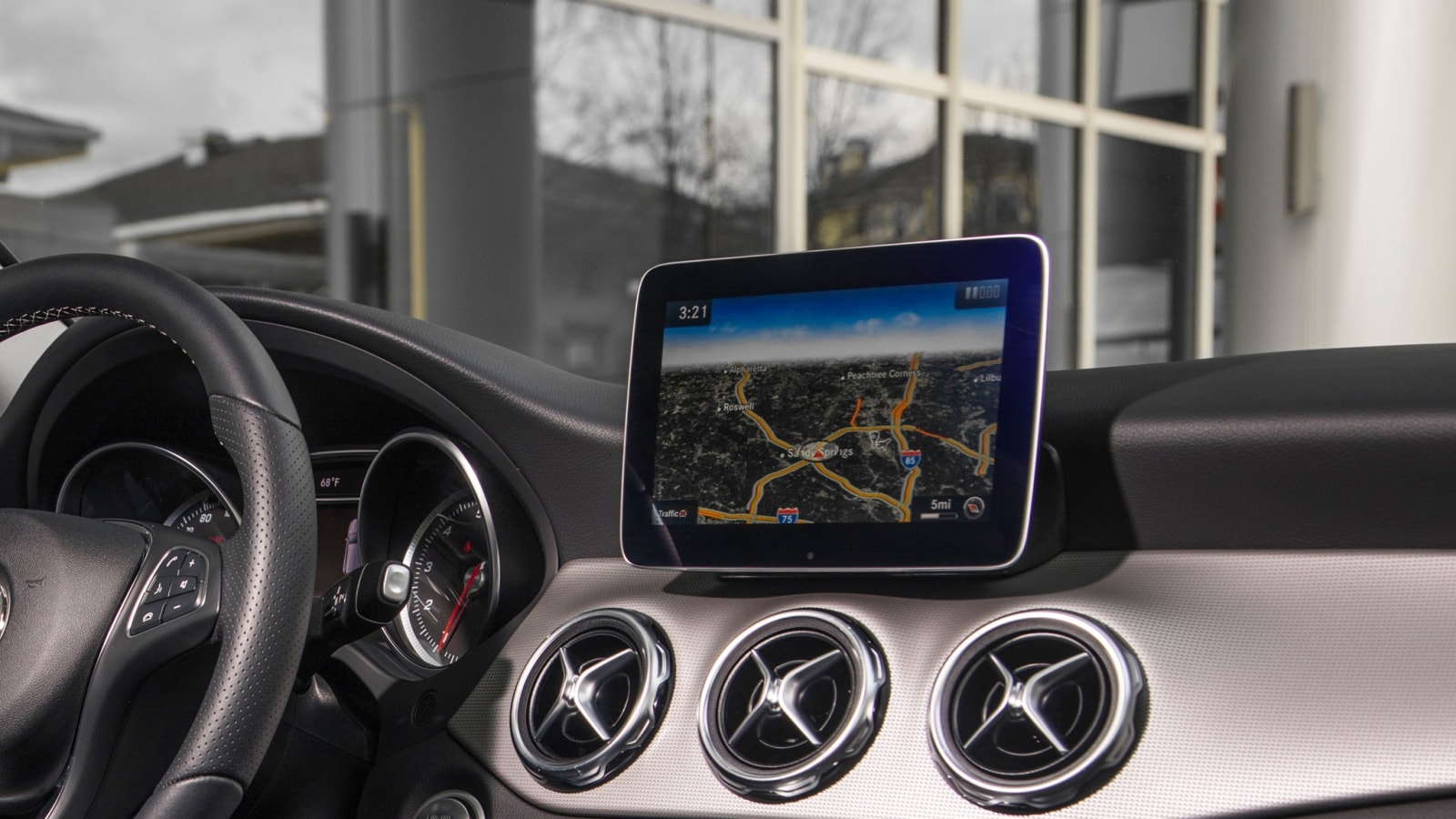Table of Contents
1. What is Performance Tuning?
Performance tuning involves altering a vehicle’s factory settings to optimize its performance. This can include a range of adjustments, from engine modifications to changes in the suspension or exhaust systems. The goal is typically to achieve improved power output, better handling, increased fuel efficiency, or a combination of these factors, depending on the vehicle owner’s preferences.
The modifications can be either mechanical or electronic, with electronic tuning becoming increasingly popular due to its accessibility and precision. Performance tuning can be done for a variety of vehicles, including cars, trucks, motorcycles, and more, to enhance specific areas such as acceleration, top speed, braking, and handling.
2. Why is Performance Tuning Important?
Performance tuning can offer a number of key benefits for both casual drivers and motorsport enthusiasts alike:
a. Improved Power and Speed
One of the main reasons for sock itforward.com is to increase horsepower and overall engine performance. By adjusting the engine’s air/fuel mixture, increasing turbocharging, or upgrading components such as the intake and exhaust systems, tuning can significantly improve acceleration, top speed, and overall engine responsiveness.
b. Better Handling and Suspension
Tuning doesn’t just focus on the engine. Modifying the suspension, steering, and braking systems can improve a vehicle’s handling and cornering capabilities. Performance shocks, coilovers, and sway bars can help a car feel more stable, especially when driving at high speeds or on tight corners.
c. Fuel Efficiency
Certain types of performance tuning, particularly engine remapping or adjustments to the air/fuel ratio, can improve a vehicle’s fuel efficiency. When done properly, it is possible to optimize engine operation for better combustion, leading to improved gas mileage without sacrificing performance.
d. Customization
Tuning allows you to tailor your vehicle’s performance to match your driving preferences. Whether you’re looking for more speed, enhanced driving dynamics, or better fuel economy, tuning offers a way to make your vehicle uniquely suited to your needs.
e. Increased Resale Value
For certain types of vehicles, especially high-performance models or classics, performance tuning can increase their resale value. Upgrades such as aftermarket parts or performance chips can make a car more appealing to buyers looking for enhanced capabilities.
3. Types of Performance Tuning
Performance tuning can be broken down into several areas of focus, each addressing a specific aspect of vehicle performance. Below are the most common types of tuning and modifications:
a. Engine Tuning
Engine tuning is the most common form of performance modification and typically involves adjusting the engine’s air/fuel ratio, ignition timing, and boost levels (for turbocharged or supercharged engines). The goal is to increase horsepower and torque, improving acceleration and top speed. Some common engine tuning modifications include:
- ECU Remapping (Engine Control Unit): By altering the vehicle’s ECU software, tuning specialists can adjust the engine’s parameters to optimize fuel delivery, ignition timing, and other variables for enhanced performance.
- Cold Air Intakes: Adding a cold air intake system helps bring cooler air into the engine, improving combustion and allowing the engine to run more efficiently.
- Performance Exhaust Systems: A high-flow exhaust system helps reduce backpressure, allowing the engine to expel exhaust gases more efficiently and improve engine performance.
- Turbochargers/Superchargers: Adding or upgrading a turbo or supercharger increases the engine’s air intake, significantly boosting horsepower and acceleration.
b. Suspension Tuning
Suspension tuning focuses on improving a vehicle’s handling, stability, and comfort. Modifications to the suspension can make a significant difference in how a vehicle feels on the road, particularly when driving at higher speeds or on rough terrain. Some common suspension upgrades include:
- Coilovers: Adjustable coilover kits allow drivers to fine-tune their vehicle’s ride height, damping, and handling characteristics. This is particularly useful for performance enthusiasts who want a custom setup.
- Anti-roll Bars/Sway Bars: These bars improve handling by reducing body roll during sharp turns or hard cornering, providing better stability and grip.
- Strut Braces and Chassis Stiffening: These components help reduce flex in the chassis, which improves handling and driving precision.
c. Transmission Tuning
The transmission plays a critical role in the vehicle’s performance, and tuning it can help improve acceleration and shifting. Transmission tuning involves modifying the gear ratios and improving the response time between shifts, particularly in manual or automatic transmission vehicles.
- Short-throw Shifters: These are used in manual transmission vehicles to reduce the distance the shifter travels between gears, allowing for quicker shifts and better performance.
- Transmission Reprogramming: For automatic transmissions, performance tuning can include reprogramming the shifting points, allowing for faster shifts and better power delivery.
d. Brake System Tuning
Enhancing your vehicle’s braking system is essential for high-performance driving, especially in vehicles that have been tuned for greater speed and power. Some common brake upgrades include:
- Performance Brake Pads: Upgrading to high-performance brake pads can improve stopping power, especially under high-stress conditions.
- Upgraded Rotors: Larger or slotted rotors provide better heat dissipation, which prevents brake fade during intense driving.
- Braided Steel Brake Lines: These lines reduce the risk of brake fluid expansion and provide more consistent braking performance.
e. Tire and Wheel Tuning
Tires and wheels have a direct impact on handling, traction, and overall performance. Upgrading tires to high-performance models can significantly enhance grip and cornering ability, while lightweight wheels can improve acceleration by reducing unsprung weight.
- Performance Tires: Tires designed for high-performance driving have better grip, particularly in wet or dry conditions, and are built to handle the increased stress of a tuned vehicle.
- Lighter Wheels: Lightweight alloy wheels can improve handling and performance by reducing the vehicle’s unsprung weight, which increases responsiveness.
4. Key Considerations for Performance Tuning
While performance tuning offers a range of benefits, it’s important to approach it thoughtfully to avoid damaging your vehicle or violating local laws. Here are some things to keep in mind:
a. Budget
Performance tuning can become expensive, especially if you are making extensive modifications to the engine, suspension, or other systems. Be sure to plan your budget carefully and prioritize modifications based on your needs and goals.
b. Professional Help
Unless you have expertise in automotive systems, it’s recommended to work with a professional tuner or performance shop. Tuning your vehicle incorrectly can lead to engine damage, void warranties, and negatively affect vehicle reliability.
c. Legal and Warranty Concerns
Certain performance modifications may violate local emissions regulations or car manufacturer warranties. It’s important to research whether your tuning modifications comply with local laws and regulations, especially if you’re considering modifications to the engine or exhaust systems.
d. Reliability
While performance tuning can improve power and speed, it can also put more stress on your vehicle’s components. Make sure that the modifications you make do not compromise the long-term reliability of your vehicle.
5. Conclusion
Performance tuning is an exciting way to enhance the power, handling, and overall driving experience of your vehicle. Whether you want to boost horsepower, improve your car’s agility, or optimize fuel efficiency, tuning provides a way to customize your car to suit your specific driving style and preferences. However, it’s essential to approach tuning with caution and ensure that modifications are done correctly and safely.
By investing in quality parts, consulting professionals, and keeping your budget and vehicle’s reliability in mind, you can enjoy a tuned vehicle that performs at its best for years to come.





_3-6.jpg)


